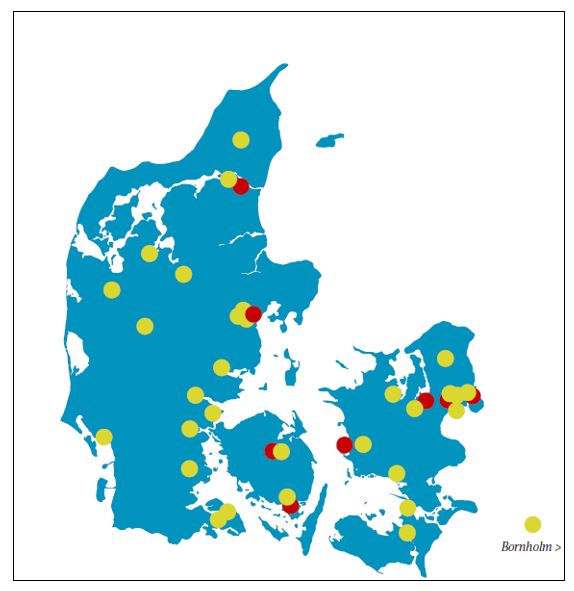 by Alexandre Bisdorff
by Alexandre Bisdorff
The UEMS (Union Européenne des Médecins Spécialistes – www.uems.net) was founded in 1958 and is constituted by the national medical associations of EU member states and European Economic Area countries (as full members). Additional 4 countries have an associate member status and 2 are observers. The UEMS is a non-profit international association, which has evolved in content and scope alongside the development of the European Union and the directives on mutual recognition of diplomas and free movement of professionals.
The UEMS represents the medical specialist profession to EU authorities and is to be considered as one of the most important lobby associations of the European Specialist doctors. The UEMS represents approximately 1.4 million medical specialists working in Europe. The management Council that governs the UEMS is composed of delegates of national medical associations from full member states. Each medical specialty recognized in the European Directive 2005/36/EC has a section and board dealing with the matters specific to this specialty.
The core activities of the UEMS are:
• Setting the basis for European Standards in Medical Training
• Advocating for competence-based training and assessment
• Developing a mechanism of evaluation of medical Specialists’ competence at the European level
• Organising European examinations
• Elaboration and implementation of standards for the accreditation of events of continuous medical education (European Accreditation of CME, EACCME®).
The UEMS Section and Board of Neurology (UEMS-SBN – www.uems-neuroboard.org) is in charge of the implementation of the UEMS policy regarding neurology.
The UEMS SBN is composed of delegates of the respective national neurological associations of countries members of the UEMS. The list of the members can be found on the website: www.uems-neuroboard.org.
The UEMS SBN is not a scientific association as opposed to the EFNS, ENS and future EAN (and the many disease specific societies). But it is a professional association concerned with and involved in the best implementation of scientific neurological knowledge and skills. The UEMS SBN sets out for neurology the policy the UEMS develops for all specialties. This means that the UEMS-SBN is developing and implementing the standards in postgraduate education and continuous education according to UEMS guidelines for neurology. It should also be mentioned that UEMS SBN has always tried to cooperate and coordinate its activities with “neighbouring” UEMS medical specialty sections (clinical neurophysiology, neurosurgery, neuroradiology, child neurology…).
Most if not all UEMS specialist sections and boards cooperate with their respective scientific European society or have joint ventures. This is also the case in neurology.
Existing joint operations are:
• UEMS-SBN and EFNS members serve together in a joint commission as reviewers for EACCME.
• For the European neurological examination the scientist panels of the EFNS contribute to the question pool, EFNS and ENS representatives serve as examiners and the EFNS and the ENS alternatively sponsor rooms at their respective congresses where the exams are held.
• The core curriculum for postgraduate training in neurology (in UEMS language called chapter 6) is developed and updated by the UEMS-SBN with the active input of the EFNS observers.
In summary, UEMS-SBN has a tradition of cooperation with EFNS and ENS in projects of mutual interests where a critical mass of scientific background is important for success. The UEMS-SBN would like to continue its cooperation and partnership – perhaps within a more formalized framework – with the EAN.






